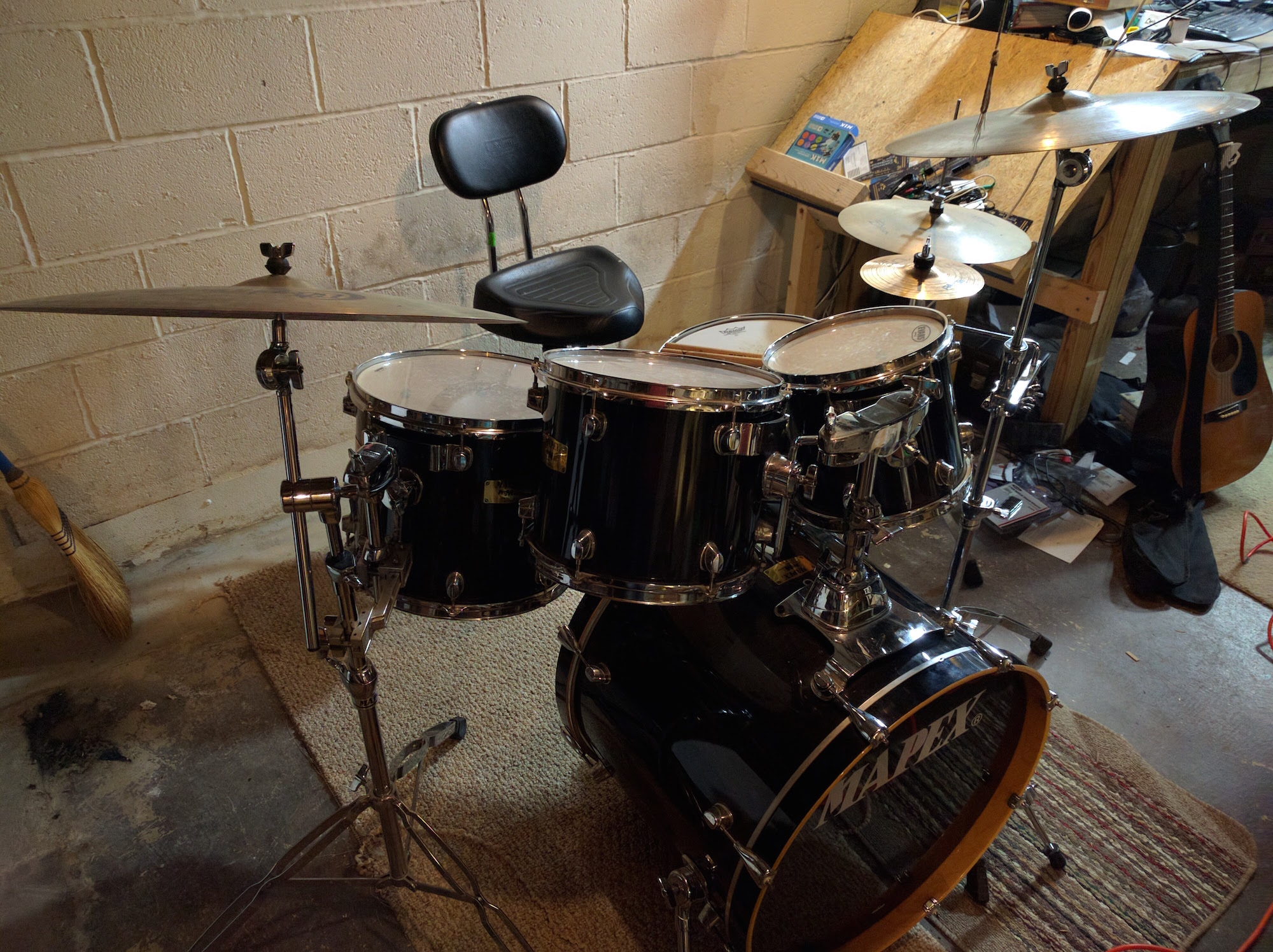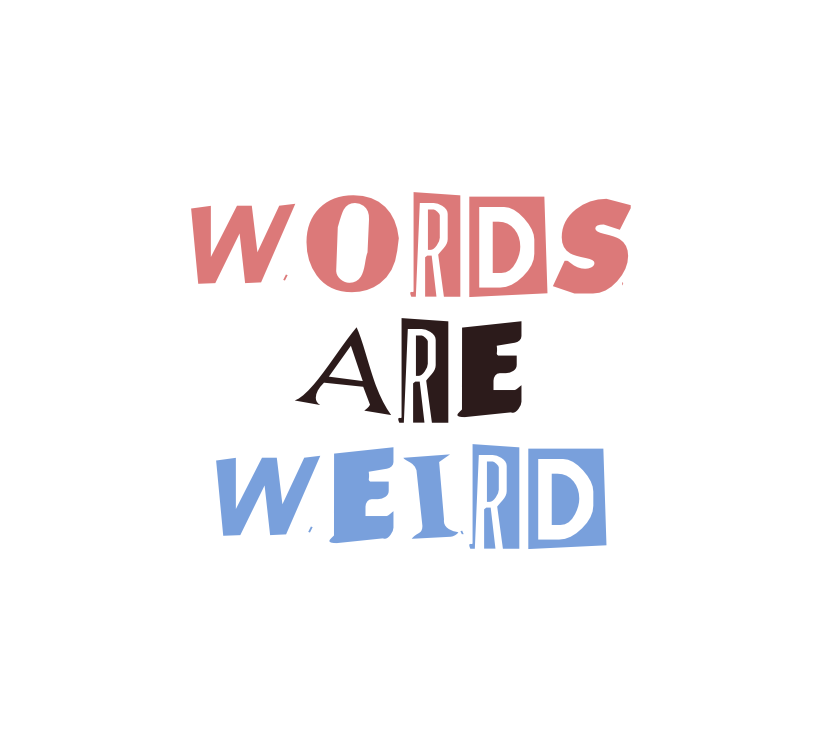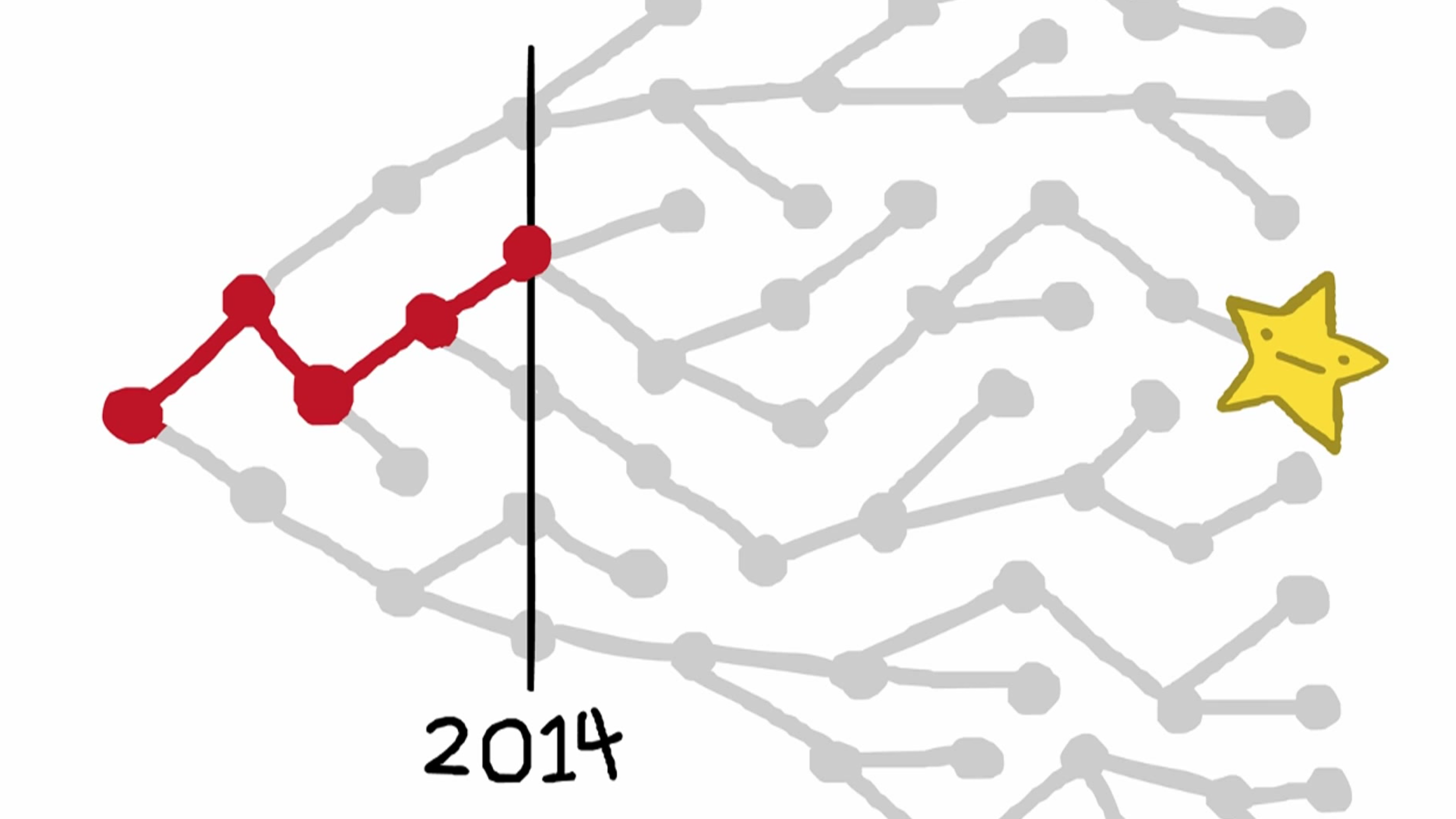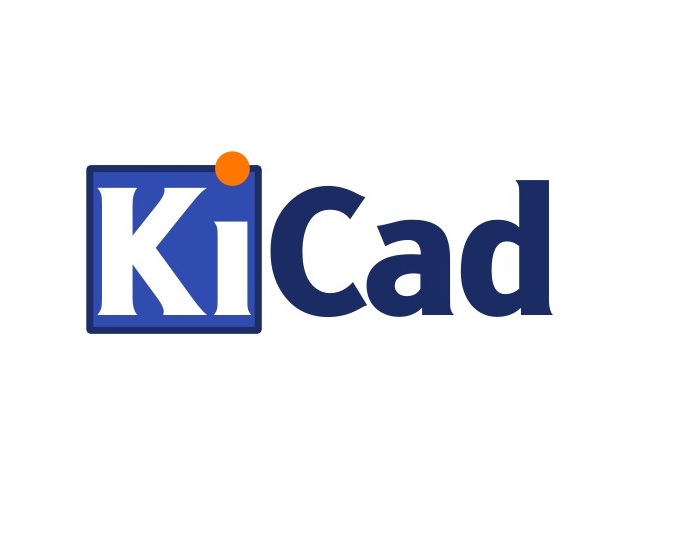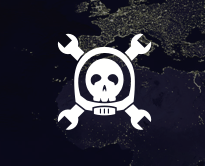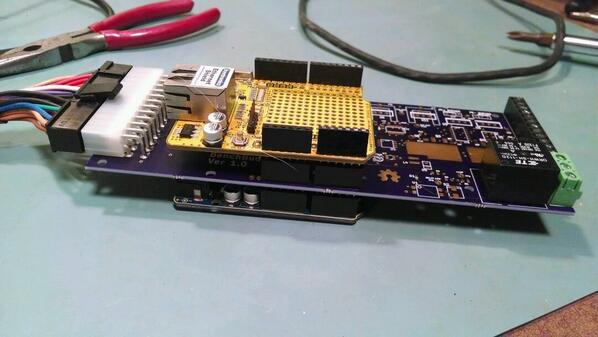Logolepsy
One thing that I always loved on The Amp Hour was coming up with alliterative titles for the episodes (my favorite word is still “ostrobogulous“, used for episode 162). After roughly 150 occasions of naming shows like this and realizing the increasing amount of time it takes to come up with each one, I decided to move away from the practice and simplify. However, this instilled a fascination with odd words (see also: Logolepsy). There are even a few words that I “invented”, usually by combining latin bases I could figure out, smashing together entire words or by changing the case of a word.
Recently I encountered the Dictionary of Obscure Sorrows. This is a project to inject unique words into the common lexicon to describe…well, common feelings. I should note, I’m way late to the party; this site has been around and covered in the media for years now. That doesn’t make it any less awesome. I love the bold nature of inventing words to help out the population. I will continue to do that as I can and will use one of the author’s inventions below. Amazing how the internet works though, isn’t it? Just throw words out there and sometimes strangers pick them up.
This post is not actually about words. It’s about my recent difficulty voicing some feelings I have encountered. I discovered two new words, which hopefully replace the paragraphs of explanation it would normally require. And although me using new words to describe these feelings doesn’t particularly ease the description of emotions from one human to another (me to you), perhaps it will on the second pass, should I mention these feelings again. If nothing else, I hope these words introduce a bit of logolepsy into your life.
Nodus Tollens
The first word is nodus tollens:
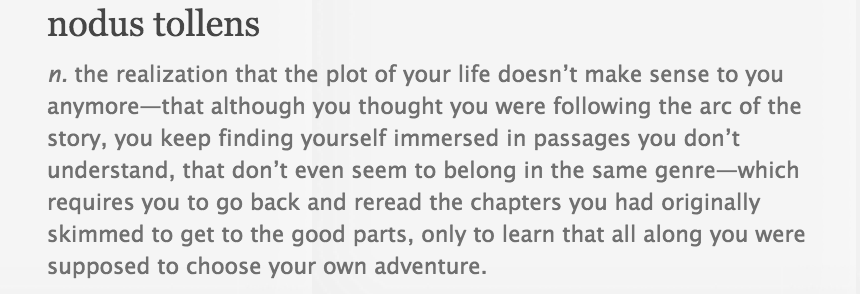
I am getting older, as we all are. But as I continue to move towards my goals in life and the goals keep shifting, this has me looking backwards, not forwards. Specifically, looking at and analyzing how I got to where I am today. I don’t regret anything in my life; quite the opposite, actually. I’m super grateful for all of the experiences I’ve had and the people I’ve met. It’s more of a feeling of “how did I get here” (thanks, Talking Heads, for never allowing me to say that phrase without singing it).
This is especially how I’m feeling professionally. I have had some wonderful opportunities in the field of electronics, but as I move away from hands-on electronics and towards product management, I see it all differently. I don’t dislike it, far from it. It’s more like I’m analyzing the parts that got me to where I am; more importantly, how those same pieces will impact my future.
Torschlusspanik
The second word is Torschlusspanik. This is a German word (not from the Dictionary of Obscure Sorrows):

This word literally translates to “Gate Shut Panic”, and was offered to me on Twitter when I was describing the feeling and my interest in finding a word that represents it. The description I gave was the manic, physical feeling one gets from the feeling of FOMO (or “Fear Of Missing Out”). Not just the general anxiety that the world is moving on without you, but a specific experience that you can visualize and predict the outcome. This has happened to me even (and possibly especially) when I know the event will never come to fruition. If you’ll excuse the stream of consciousness description, this is what I would have fully described on Twitter:
It feels a bit like a treasure hunt…It’s not actually a treasure you’re seeking though. Instead, it’s a piece of knowledge. It feels like I have just discovered that I’m on the edge of finding the meaning of life or figured out 98% of an extremely valuable equation. I’m not there yet, but it’s within my grasp. It’s a race against time, if I can only reach a certain landmark first…but suddenly, as soon as I realize it is a thing that I want, I feel that all the world has figured it out at the same time….and now I’m not just in a race against myself and the clock, but looking around I realize that the window of opportunity is closing and each person is a potential competitor. I can see the goal, but the closer I get, the more anxious I feel to get there.
The bit about others figuring it out at the same time is never actually the case. The feeling is surely some form of a cognitive bias, but I couldn’t figure out which one…perhaps the Frequency Illusion/Baader Meinhof Phenomenon? Really it’s my brain projecting my newfound information onto the world that I see. As a result, the feeling of anxiety in the present increases, with no actual impact towards future events.
Two words, together
Combined, these two words point towards my somewhat recent and frantic desire to “figure things out”. What do I want in life? Where do I want to end up? Who are the people I want to surround myself with?
Of course, deciding on the future is a gradual course and requires habits, as I mentioned in a previous post. My resultant feelings are an anxiousness to move towards some end goal, as I have always done. Instead, I need to enjoy the ride. I’ve never been good at enjoying the ride. Chaos and serendipity has resulted in some of the best events in my life, things that I remain grateful for. However, I would never have chosen those paths if presented with the option.
While my dive back into the world of words is a recent thing, I believe this entire introspective exercise was caused by this beautifully written post on Raptitude, called “Where the wealth was all along“. It discusses the reassessment of life events once life is over. You’re sitting in a studio reviewing video montages of your life and not just the highlight reel, but also the near-misses. Those are what haunt me. This passage in particular:

Only in a world of true abundance does one have the opportunity to worry about the things they are missing. But that’s how lucky I have been, and again, I can only state my gratefulness towards my path in life thus far. In fact, that is the point of the article and the “wealth” that the author writes about:

The piece goes on to say that in the infinite possibilities and paths our lives can take, the majority of us choose the safe option, but also cherish the connections we already have. I feel that way and believe I have acted that way in the past. But my mind turns to the “fifty undeveloped relationships” for each one currently in my life. Perhaps it is my engineer brain doing an optimization. Want more deep connections in life? You need to meet a LOT more people.
I believe that is the underlying urgency I feel these days, the “closing of the gate” and the anxiety that comes with it. I seek to increase the number of undeveloped relationships, in the hopes that I will gain yet another deep relationship I can cherish at the end of my life. Whenever I’m offered a tour or a walkthrough of a new place, I’m often ambivalent about what I’ll see. But I go along in the hopes to meet new people. The same goes for meetings. The same goes for my upcoming travel. I am happy (and lucky) to go see a bunch of historical sites in Europe. But I’m really looking forward to meeting new people, from new walks of life. Perhaps this is my best tool to combat the feeling of torschlusspanik. Perhaps the only way to not care about the gate closing is to go with the flow.
The nodus tollens comes from looking back onto my personal, career and life choices: in what world does an engineer expect to be hanging out with other people? It is, of course, true that engineers spend much of their career dealing with the intricacies of interpersonal relationships, but I didn’t know that at the beginning; I definitely didn’t choose the engineering path for the people! Another example of serendipity, I suppose. But then again, most professions require human interaction, so perhaps I would have turned out OK regardless. The nodus tollens also causes me to analyze the events that led to me living in the isolated suburbs of an industrial midwest city. That hardly optimizes for human connection. Many of the decisions I’ve made have been towards career success, but not towards human connection. It turns out that I long for connection and it seems that I should start to change my habits to favor it.
Introspection is not a normal activity for me; it definitely doesn’t happen on the scale of this article very often. I’m sure whatever reasons I list explaining my current state of mind aren’t the only reasons, but other underlying reasons will likely take longer to discover. Overall, I think it’s pretty healthy to do this once in a while. I think it’s where art comes from. It even makes me feel alive for some reason. Like I should have been feeling this all along. Why should the “plot of [my] life” ever make sense? Why aren’t we always reassessing? I am going to do my best to sit in this discomfort, enjoy the ride, write about it a bit more and–obviously–discover (or invent) new words to describe what I’m feeling.

